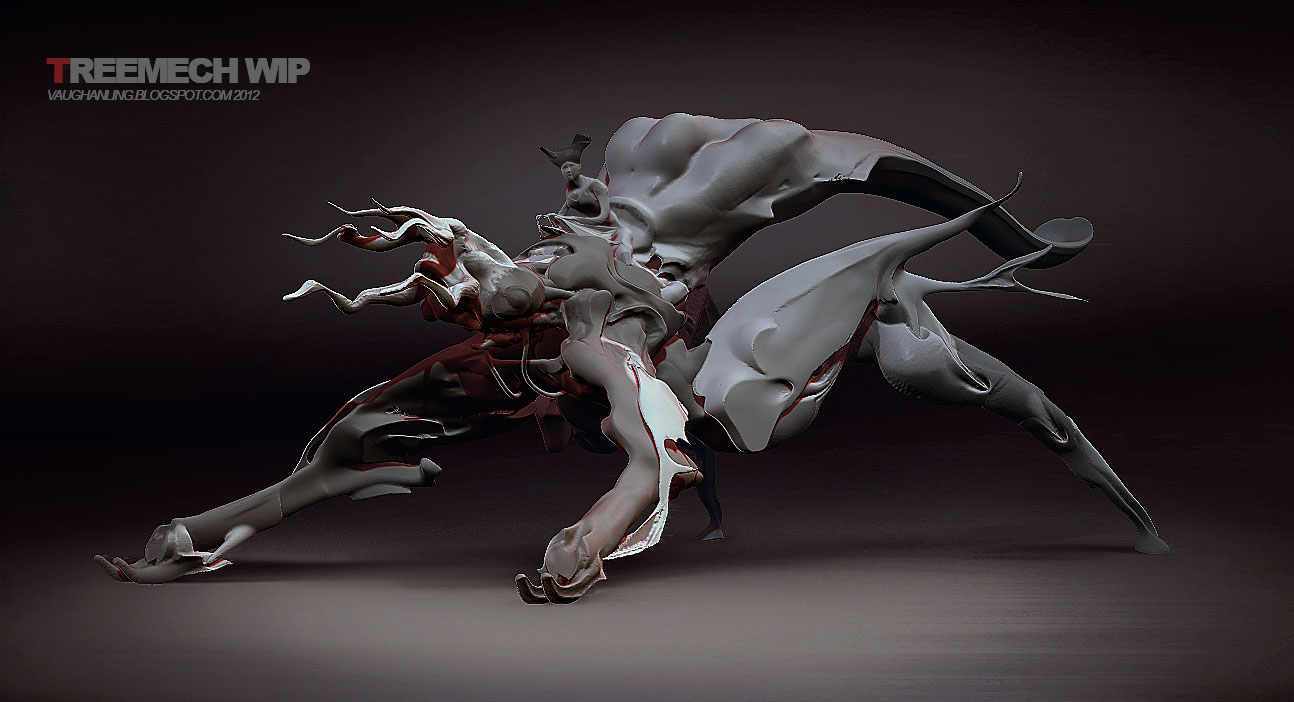Thomas Myers Anatomy Trains

Thomas Myers He has also benefitted from studying movement meditation, biomechanics, and the martial arts. Myers is the author of Anatomy Trains (Elsevier 2001, 2009, 2013) and multiple supporting videos, as well as 100 articles on anatomy and soft tissue manipulation and the social scourge of somatic alienation that replaces kinesthetic. Anatomy Trains Myofascial Meridians For Manual And Movement Therapists 2nd Edition- Thomas W. Tom Myers' masterful second edition of Anatomy Trains incorporates the most recent scientific concepts into a framework for understanding and practicing deep tissue work. Readers will gain insight into both basic and clinical research issues, how the science could influence clinical practice, and vice versa.
$49.95
- Description
- Reviews (0)
This series of 8 posters – refreshed and updated to align with Thomas Myers’ classic Anatomy Trains– are an essential visual reference to all 12 myofascial meridians laid out in Tom’s book. They include artwork from the prominent British anatomical artists Philip Wilson and Deborah Maizels, whose previous work was with the latest edition of Gray’s Anatomy. Measuring 11 by 17 inches, these UV coated posters are a valuable addition to the walls of manual and movement therapists’ studios, for refreshing your memory about connected anatomy or to show clients why work in one area will be effective in another.
Poster set includes 1 handsome cover image and 7 posters representing all 12 myofascial meridians. Shipped in a crush-proof mailing tube.
Related products
The Anatomy Trains lays out fascial and myofascial ‘anatomy of connection’ throughout the body, giving you the ability to map the pattern and shape the change – no matter what your manual therapy or movement modality.
The 12 ‘myofascial meridians’ in the Anatomy Trains system join the individual muscles you learned into functional complexes within the fascial fabric – each with a defined anatomy and ‘meaning’ in human posture and movement.
Anatomy Trains leads to practical new holistic strategies to improve stability, coordination, and resolve long-standing compensations in postural and movement patterns – whether you are a manual therapist, movement professional, or using self-myofascial release (SMR).
Developed by author and bodyworker Thomas Myers in the 1990’s, Anatomy Trains has been welcomed and included in the curriculum by diverse health professionals – physical therapists, personal trainers, massage therapists, athletes and coaches, Pilates and yoga teachers, chiropractors and osteopaths – anyone interested in effecting lasting changes in body structure and movement through updating their idea of how the body regulates its biomechanics.
Anatomy Trains offers CEU-accredited short courses and longer certification trainings worldwide to convey the ideas, strategies, assessment tools, and techniques that grow out of the Anatomy Trains understanding.
Understanding hamstrings in the context of the ‘Superficial Back Line’ as a whole gives insights into hamstring problems that you cannot get from considering these muscles alone. The ‘Spiral Line’ shows how to resolve rotational compensations and spinal twists in a way that no analysis of any single muscle can give.
How do we take form in the first place? How do we maintain overall stability while creating seamless movement locally in our body? How do we get ‘stuck’? How do we mature out of those restrictions?
Thomas Myers Myofascial Meridians
These questions require a global understanding of the ‘neuromyofascial web’ that we call ‘Spatial Medicine’. How do we optimize the mechanical relationships in the body – either to repair injury or improve artistic or athletic performance? The overall aim is to improve our ‘KQ’ – our Kinesthetic Quotient, or physical intelligence.